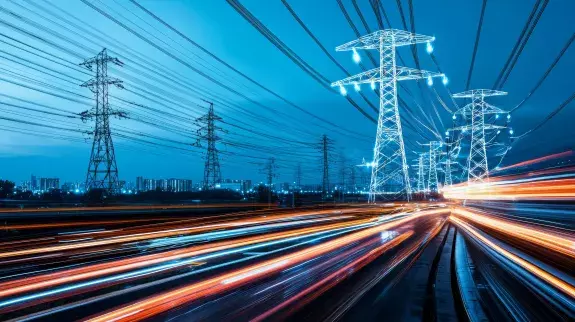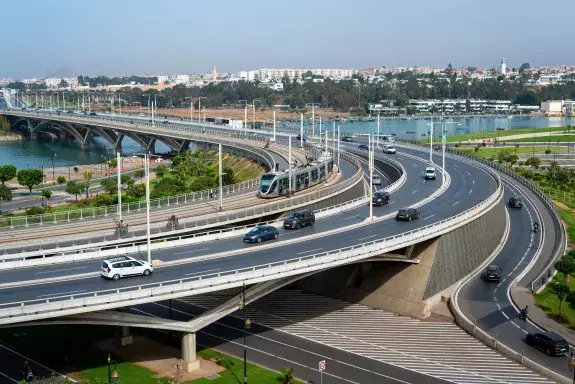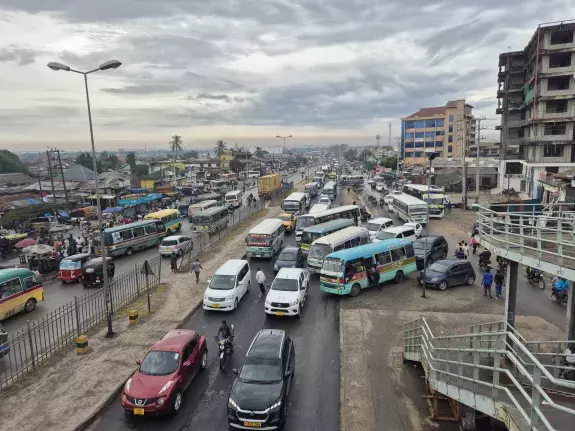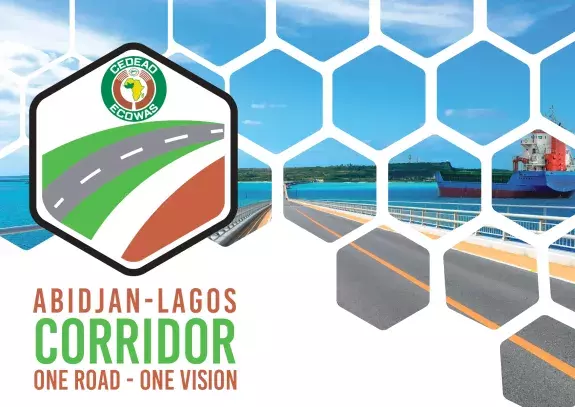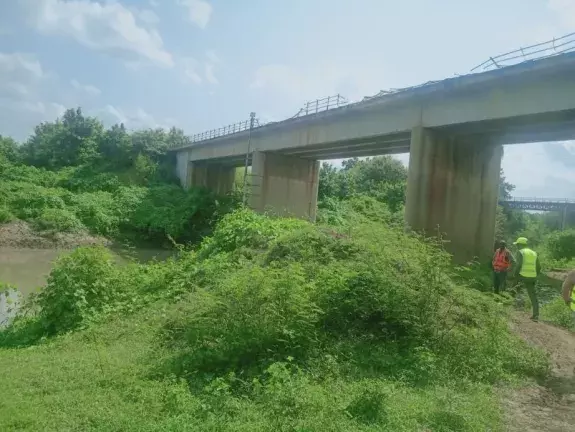Transport and infrastructure
Ginger SOFRECO supports public authorities in designing, planning and supervising transport infrastructure projects, including roads, railways, rivers, maritime ports and airports, as well as urban infrastructure development projects, such as public transport systems, schools and telecommunications equipment. The aim is to develop infrastructure that is sustainable, safe and tailored to local needs.
Our expertise covers the entire project cycle, from feasibility studies to the work acceptance. Particular attention is paid to building resilience against the effects of climate change and promoting sustainable mobility.
projects
years of experience
experts
Areas of expertise
Ginger SOFRECO participates in infrastructure development, from sector studies to works supervision. Our activities cover all sub-sectors (road, rail, river, maritime and air), as well as public facilities such as school infrastructure. More specifically, our teams work in the following sectors:
Transport policy and transport sector organisation
Support for the management of sectoral transport programmes
Management and capacity strengthening for transport operators
Major infrastructure projects, monitoring of works, ESMP and RAP
Transport policy and transport sector organisation
- Development of national and regional transport policies, incorporating connectivity, sustainability and resilience issues
- Support for the structuring of ministries and agencies responsible for land, maritime, air or rail transport
- Institutional assessments and international benchmarking to guide reforms
- Creation or strengthening of regulatory and technical supervisory authorities for the transport sector
- Drafting of legislation and support for the harmonisation of regulatory frameworks in regional areas (e.g., WAEMU, ECOWAS and ECCAS)
- Support for the implementation of national strategies for sustainable and inclusive urban mobility
Our references in transport and infrastructure
Dedicated teams
Ginger SOFRECO's Infrastructure, Energy and Transport Division is supported by an in-house team of around 20 people specialised in infrastructure-related fields. Our in-house staff is reinforced by dozens of experts who work with us on a regular basis and who are all recognised for their technical expertise and in-depth knowledge of local contexts.
Our resources encompass all the expertise required to support the implementation of sectoral policies, supervise works and manage complex projects. This guarantees rapid mobilisation, meticulous project management and tailor-made support for our clients and their funding agencies, in line with international best practices.
In-house staff and associated experts

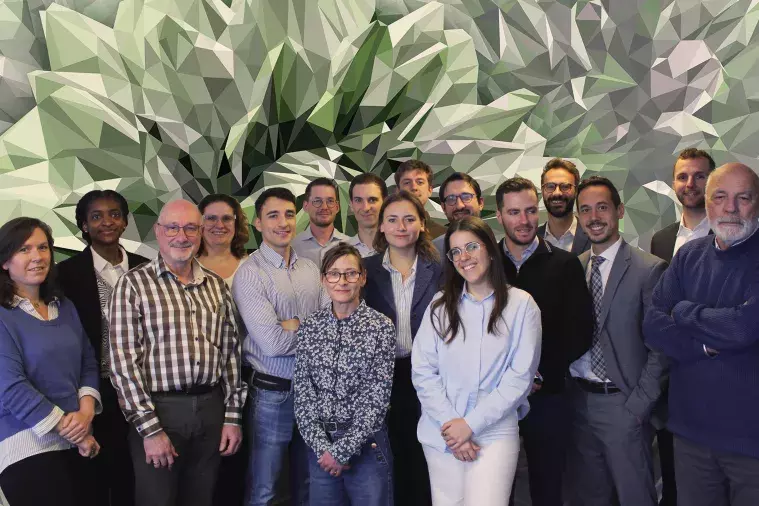
They trust us
Opportunities for missions
Challenges and prospects
Transport infrastructure resilience and sustainable mobility as a dual climate and social concern
The transport sector accounts for around 20% of global greenhouse gas emissions and is highly vulnerable to the effects of climate change. Existing networks are becoming increasingly fragile due to flooding, rising sea levels, extreme temperatures and weather incidents. Yet, transport infrastructure is essential for people's access to basic services such as healthcare, education, food and employment.
The challenge of the 21st century is therefore to significantly increase access to safe, sustainable and high-quality infrastructure, while ensuring that emissions are reduced and that existing systems become more resilient. In order to meet this challenge, a comprehensive strategy is needed, combining several approaches:
- The physical resilience of infrastructure - appropriate sizing, choice of materials and rainwater management
- The development of low-carbon alternatives - public transport, active modes and intermodal transport
- Systemic consideration of vulnerabilities and their incorporation into policies, planning and financing for the sector
billions of dollars by 2025
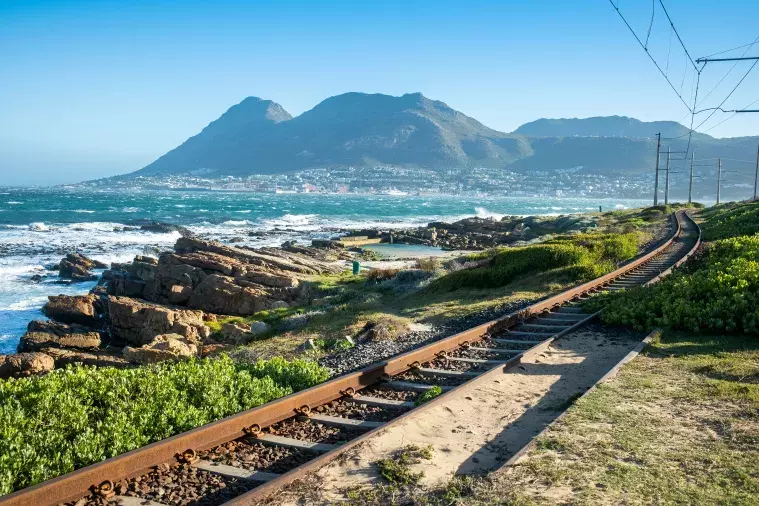
Contact us
